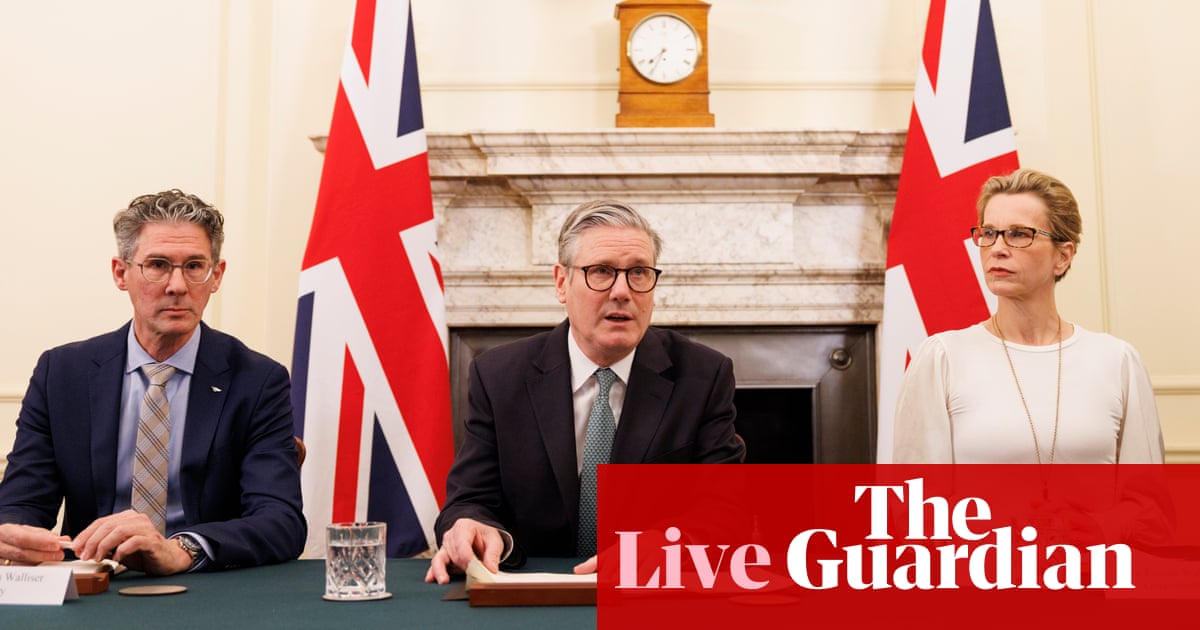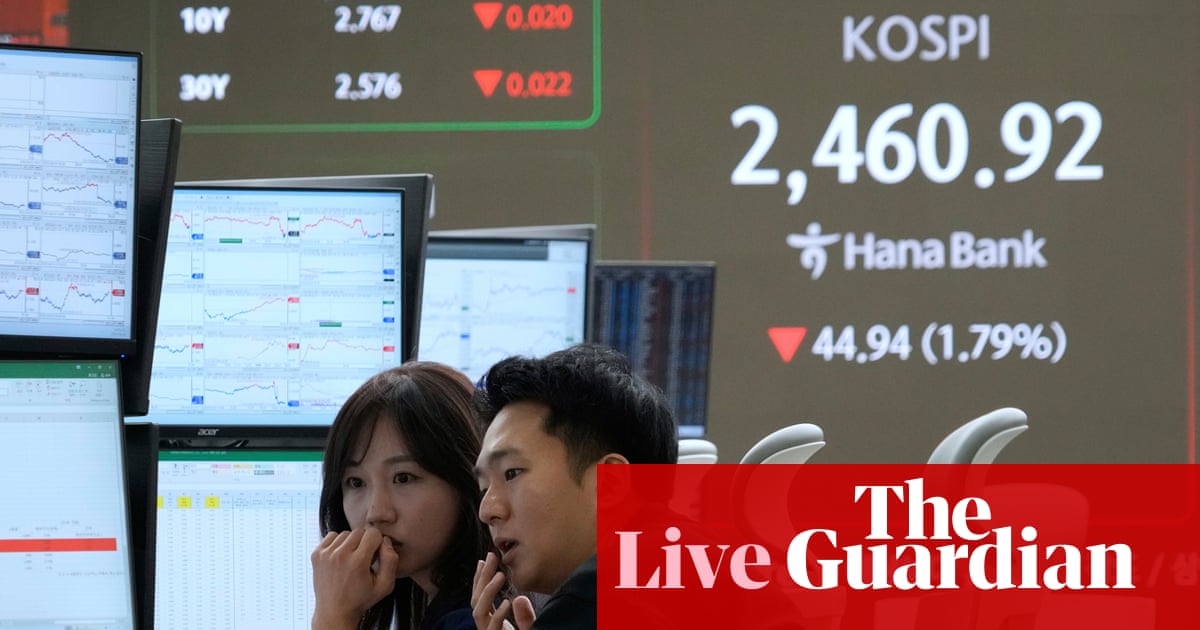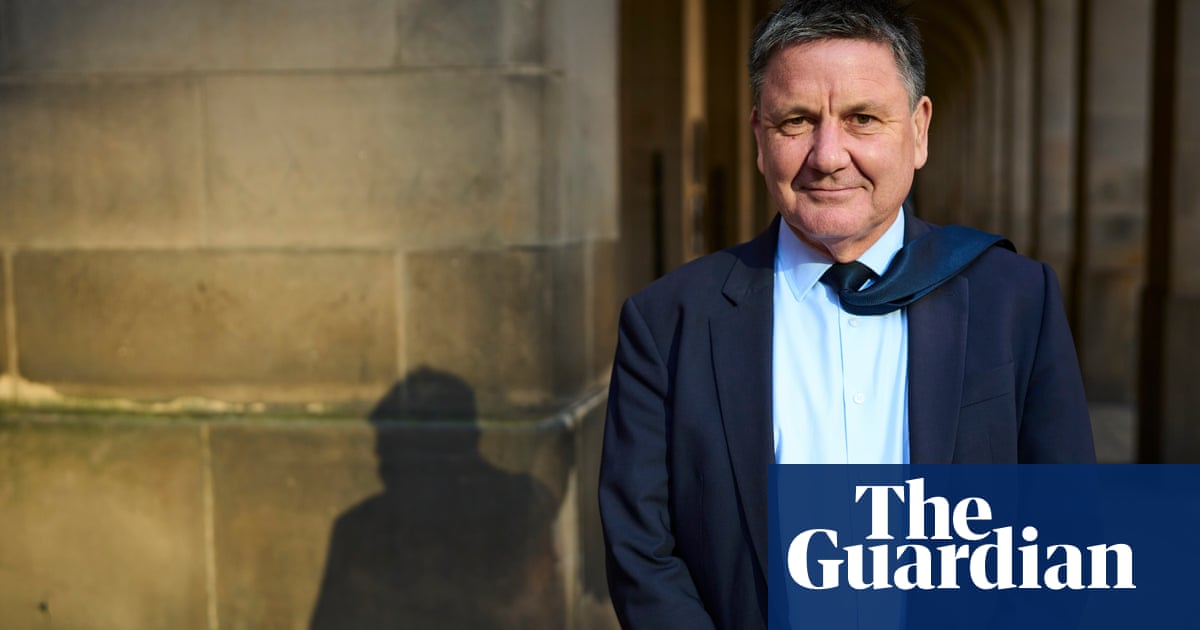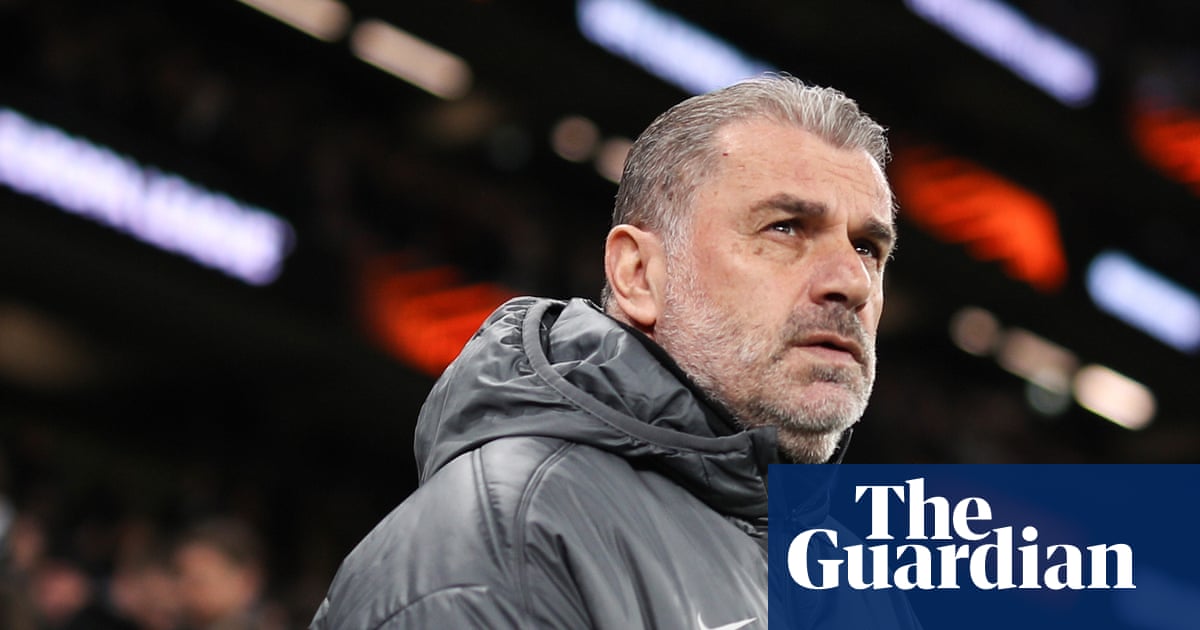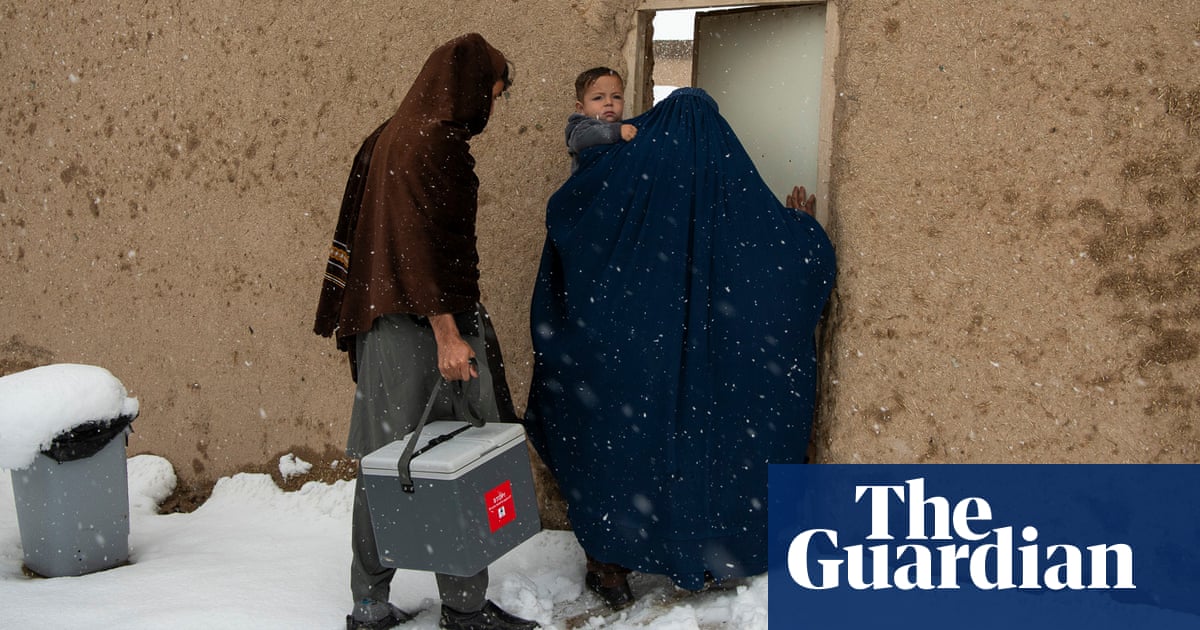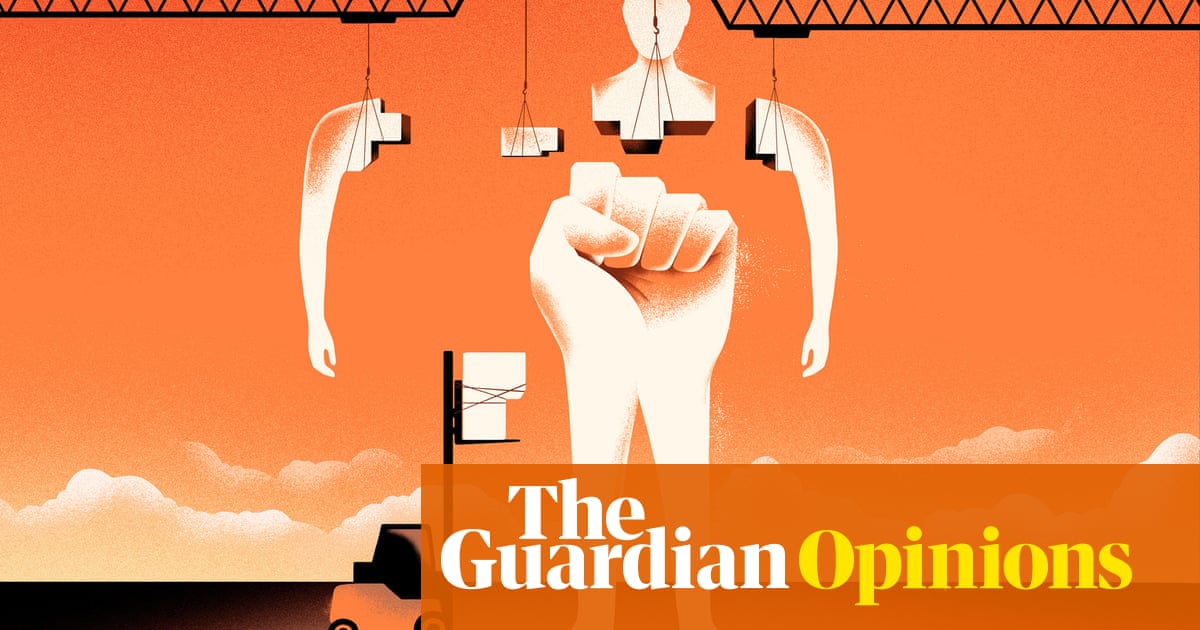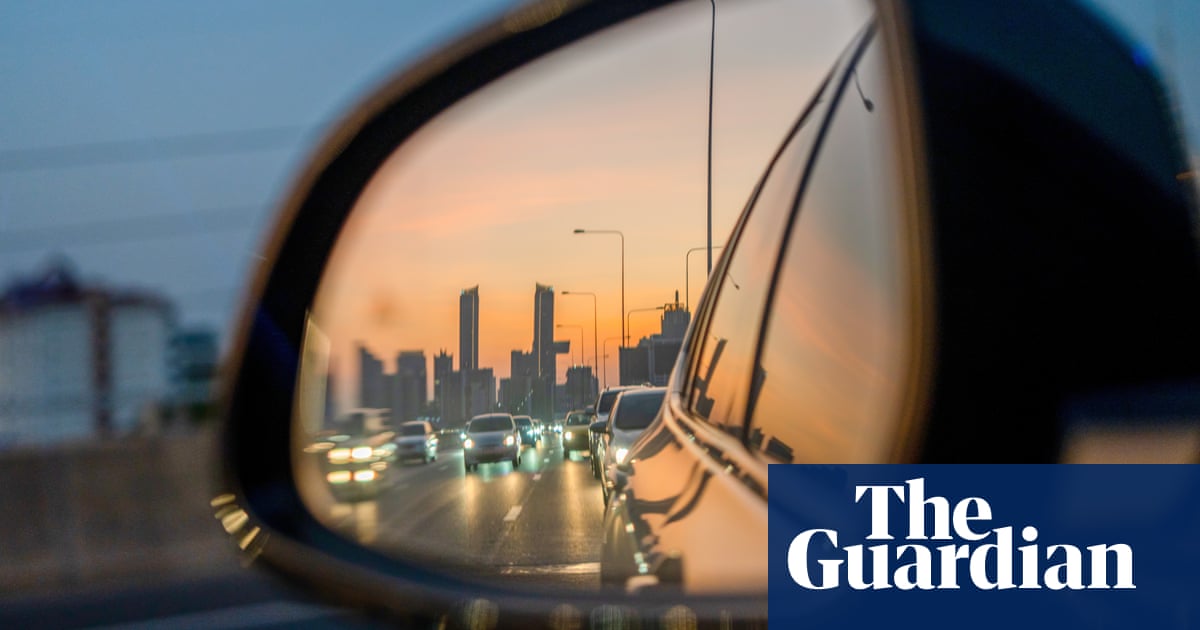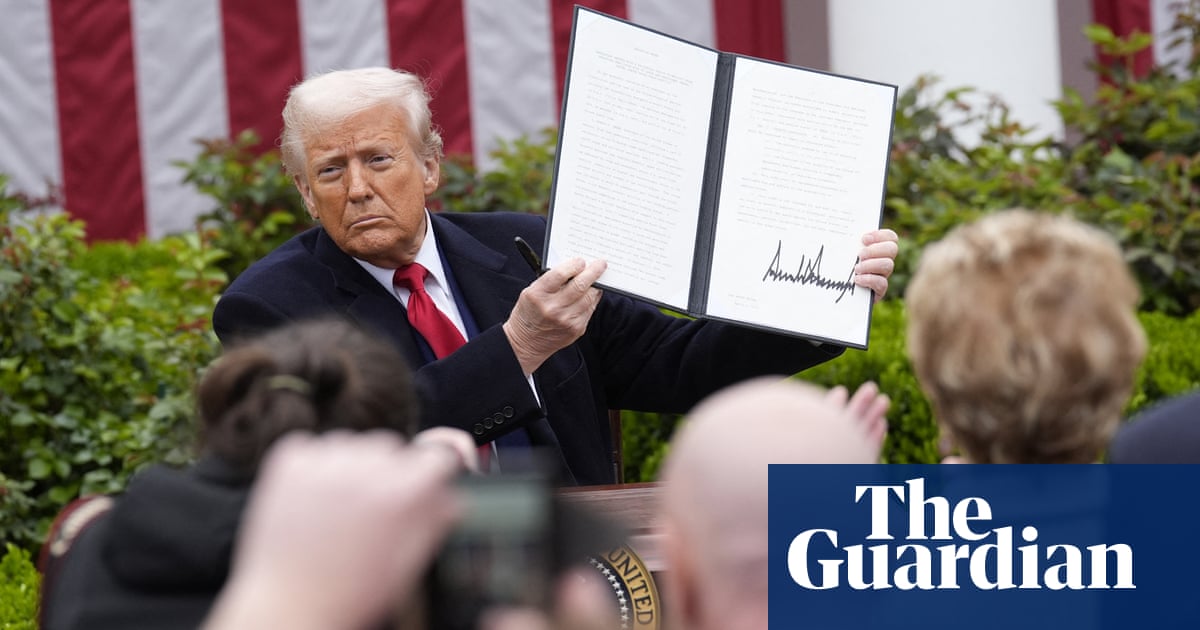They were looking for new ways to kill, ways to send fresh terror across North Kivu.
It was early afternoon when the M23 militia raided the Congolese town of Rubaya. In a marketplace, gunmen found a giant wooden pestle and mortar for crushing grain. They began rounding up children, wedging them tight in the mortar. Isabel, 32, watched the rebels stove in their skulls. The mortar turned red, overflowing with blood.
Six children, said Isabel, were pummelled to death on 4 April 2024. “It was terrible.”
She fled with two friends. Among the rainforests of the east of the Democratic Republic of the Congo (DRC), armed men caught them. Isabel and a friend were raped. The other friend was executed.
Her account is among new testimony of fresh M23 atrocities obtained by the Observer. They detail indiscriminate killing, torture and mass abductions; women raped at gunpoint in front of their children; others pinned down on main roads and attacked in broad daylight. Their collective testimony confirms an ongoing calamity that humanitarians hoped might never happen.
The DRC, long synonymous with supercharged levels of sexual violence, has entered a bleak new chapter. Rates of rape are far higher than ever recorded. But the M23 rebels largely responsible cannot be categorised alongside the scores of chaotic militia roaming North Kivu. Instead, the M23 is backed and armed by one of the west’s most cherished and increasingly indispensable allies on the continent.
“Rwanda has wooed the west, particularly the UK. They’re playing a dual narrative; reliable partner on one hand while facilitating conflict in the Congo,” said a senior diplomat.

As the M23, supported by thousands of Rwandan troops, pushes deeper into neighbouring DRC, UN intelligence sources confirm the west’s security services are “intimately aware” of the evolving incursion. “It’s shocking and frustrating that sanctions have not been forthcoming,” said a UN expert familiar with evidence of M23 war crimes sent to the UN security council.
The worst may be about to unfold. Another senior UN official admitted that a sinister masterplan might be under way. Kigali, they warn, might be planning to annex a chunk of DRC larger than Rwanda itself. “This is a long-term policy to get the broader Kivu area into the sphere of Rwandan influence and, later, under complete administrative control.”
The ongoing failure to rein in Rwanda risks broader repercussions, say analysts, exposing potentially fatal weaknesses in western liberal interventionism and conflict resolution. As the killings continue, as women are raped in extraordinary numbers, how long is the west prepared to look away?
Much of the horror unfolding in the rainforests of eastern Congo is traceable to the shocking events of 1994: the genocide of Rwanda’s minority Tutsis.
Largely low-tech – performed mostly by machetes wielded by ordinary Hutus – it remains among the fastest mass killings in history. At least 800,000 died in 100 days.
Shortly after the massacre, more than 1 million Hutus fled to DRC, including many responsible for the slaughter. Twice, Rwandans invaded their neighbour, ostensibly to hunt down the génocidaires. In turn, Hutu militias linked to the carnage started to regroup, plotting a return to Rwanda to seize power. To counter this threat, Rwanda began arming Tutsi militias – forerunners to the M23 – inside the DRC.
Other factors bolstered its decision. Eastern DRC holds huge, widely coveted reserves of precious minerals. “If groups like the M23 gain control of the minerals, it gives them – and Rwanda – significant international clout,” said a UN intelligence official.
The battle over billions of pounds worth of minerals, alongside the settling of old scores, has plunged eastern DRC into near continuous conflict since the genocide. More than 6 million are thought to have died and a similar number forced from a swathe of DRC, whose government has lost control in the east to a hierarchy of armed groups.

UN sources warn that the conflict’s latest iteration threatens to become one of its most perilous, helped by an international community seemingly unwilling to intervene.
M23 has taken full advantage. Supporters say the group is simply safeguarding “Rwanda’s security” by chasing down génocidaires, in particular those belonging to its nemesis, the FDLR, an armed faction formed by those behind the slaughter.
On the northern shore of Lake Kivu, a narrow volcanic plain sits beneath the brooding outline of Mount Nyiragongo. Squeezed on to this strip – the only territory in the area not occupied by M23 – lies the regional capital, Goma, encircled by squalid camps holding 650,000 people who have fled the fighting.
Every hour, more arrive. Intelligence updates from the front explain why: the violence is getting worse.
A ceasefire brokered between DRC and Rwanda in the summer has made scant difference. M23, in fact, is “expanding” its presence. Its troops have pushed 80km east into DRC, 120km to the north, controlling land half the size of Rwanda.
Within its territory, women appear fair game. When the M23 entered Kisuma village on 30 June, they kidnapped then killed Maria’s husband, a teacher. Maria fled until stopped by a man holding an AK47. As instructed, Maria put down her baby boy. Her daughters – aged 13, 12, 10 and 8 – were ordered to stand in line. “He raped me in front of them,” said the 25-year-old.
Twelve days after the ceasefire – 12 August – Jenny, 27, was tending crops outside Bweremana, South Kivu, when armed men approached. “Eight of them raped me,” she said, pointing at her T-shirt’s message: “Non au genocide Congolais [No to the Congolese genocide]”. Days later, M23 seized the village. Certain she would be raped again, the 27-year-old escaped.
Speaking at the Goma headquarters of the UN’s sexual and reproductive health agency, country coordinator Esmeralda Alabre describes the M23 conflict as a “catastrophe” for the region’s women and girls.
The results of a focus group had just arrived. Conducted in the nearby frontline town of Sake, 13 girls aged 12 to 17 were asked to share wartime experiences. Twelve had been raped, some multiple times. “The one not raped was waiting for it to happen to her. If not today, then tomorrow. Maybe the day after? Their bodies are an extension of the battleground,” said Alabre.
Data confirms an explosion of sexual violence. The charity MSF treated a record 25,166 survivors last year in DRC, mostly North Kivu. Halfway through 2024, that total had been eclipsed.
Alabre says the data underplays reality. Most rape survivors remain silent. Armed groups target those who speak out. No M23 soldier has been prosecuted for rape.
Not much is known about life under M23. Mambo, 50, from Nyamitaba, spent five months under their rule. He saw 10 villagers brutally beaten. Forced labour was normalised. “They made me a slave. At harvest, they took two-thirds of my crops. I lived in total fear.” On 16 September he fled.

Yet evidence is mounting that M23 is going nowhere. Last month, it appointed administrators to replace Congolese authorities in areas of control. Elaborate taxation regimes have been imposed. Congo’s government accuses the M23 of “ethnic cleansing”.
Peer Schouten of the Danish Institute for International Studies, said: “Meticulously changing traditional authority structures is a strategy for the long term.”
Senior UN diplomats are anxious that Rwanda might mimic Russia’s seizure of Crimea 10 years ago. “They’ll wait until Goma is ready to fall and afterwards announce a Crimea-style referendum [to unite with Rwanda].”
Vladimir Putin used proxies and plain-clothes troops to seize the Black Sea peninsula, but Rwanda has adopted a more brazen strategy: soldiers enter DRC in full combat gear. Drone images confirm columns of its troops within DRC. Up to 4,000 Rwanda Defence Force (RDF) troops are operating there – a “conservative estimate”, according to UN experts.
Yolande Makolo, a Rwandan government spokesperson, said her country was dealing with “ongoing serious threats” including cross-border attacks and numerous militia operating near its border. “Rwanda remains committed to contributing to lasting peace in eastern DRC,” she said.
Even so, a report to the UN security council six months ago suggests that Rwanda is liable for M23 war crimes. Sanctions, experts said, were warranted. “RDF de facto control and direction over M23 operations renders Rwanda liable for the actions of M23,” it states, adding that the “presence of RDF in the territorial conquest of M23 is a sanctionable act”.
Such inaction contrasts starkly to the last time M23 seized Congolese territory in 2012. Then, an international backlash with the withdrawal of aid to Rwanda forced a hasty retreat and the militia’s near demise.
What has changed since? Sources cite Rwanda’s talent for fostering cosy relations with the US, UK and France – three of the five permanent members of the UN security council – as a factor. “Rwanda is no longer hiding,” said one. “They are taunting the west.”
Perched on a hill within a well-heeled suburb of Kigali is the Hope Hostel. Tourists eager to appraise any of its 50 rooms should lower expectations; each is booked by the UK government until next year.
The Hope is where London planned to deposit asylum seekers under its abandoned Rwandan deportation plan. Politically, though, its legacy lives on. Rwanda’s willingness to assist the UK with its asylum woes has, senior diplomats claim, insulated Kigali from criticism by London over the M23 conflict. “Nobody’s willing to even discuss Rwanda-related sanctions in the UK,” they said.
Privately, however, UK officials share very different sentiments. “Behind closed doors, they say how awful the conflict is.” Even so, sources say that Keir Starmer’s new government has elected not to admonish Kigali over the war in DRC.
after newsletter promotion
Telling, perhaps, that the first African leader Starmer met on becoming prime minister was Paul Kagame, Rwanda’s president. Following their 27 July meeting, Downing Street confirmed a “spirit of close cooperation”.
Although Kagame is also head of the RDF, no reference was made to the fact that his troops were operating inside the Congo. Even Rishi Sunak, despite his support for the Rwanda deportation scheme, raised DRC’s “deteriorating conflict” during a 9 April meeting with Kagame.
Freedom of information requests to ascertain if the UK threatened Rwanda with sanctions or aid reductions were rejected because disclosure might “damage” relations.
A Foreign Office spokesperson said the UK government was “deeply concerned” over the conflict and was engaging with Rwanda and the DRC “at the highest levels to encourage de-escalation of violence” and find peace.
Documents relating to the deportation scheme show that the UK paid £270m – 10 times the amount of aid it grants Kigali – to Rwanda’s “economic transformation” fund.
Could these payments have bolstered Rwanda’s war effort? The Home Office will not say how the money was spent.
Indisputable, however, is that the military and “economic transformation” are tightly interwoven in Kagame’s Rwanda. His country’s constitution even clarifies that the RDF must support “Rwanda’s socio-economic development”. Any funding to Rwanda, say analysts, risks inflaming the conflict. “Money given to Rwanda’s development indirectly funds the M23,” said Schouten.
A senior UN official, privy to evidence of M23 atrocities, said that all aid to Kigali should be suspended with immediate effect. “Kagame’s government is so centralised; even if it’s not earmarked for the conflict, it frees up money elsewhere.” In other contexts, the official added, new sanctions would have been agreed.
France, one of the highest bilateral donors to Rwanda, is another country some believe is too close to Kagame. Sources point to the deployment of Rwandan troops to protect French-owned gas facilities in Mozambique for creating “solid leverage over Paris”. Ignoring UN warnings, the EU paid Rwandan troops €20m to safeguard the TotalEnergies complex.

“During various presentations to the EU, we stressed that any funding to the RDF, be it for operations in Mozambique, would fund the war in Congo,” a UN source revealed. Regardless, the EU has agreed another €20m for Rwandan troops to safeguard French investments in east Africa.
Elsewhere, Rwanda has wooed Washington with its “donor darling” status, an image bolstered by the hiring of PR firms and lobbyists in the US and UK.
Another way Rwanda won over the west, according to diplomats, is “leveraging” its role as third-largest contributor to UN peacekeeping missions. Diplomatic sources allege that Kigali has threatened to withdraw peacekeeping troops if sanctions are raised. Makolo said Rwanda was “proud” of its peacekeepers and that its partnerships with countries had helped its “recovery” from the horror of its genocide 30 years ago.
Another factor may also have dissuaded western intervention. Fifty kilometres from Rwanda lie Congo’s vast Rubaya mines, visible from space. A month after Isabel witnessed M23 crushing children’s skulls in Rubaya, the militia seized the town.
Rubaya’s mines are widely coveted, holding 15% of the world’s coltan, a strategically important mineral used in cellphones and electric vehicles; critical for the west’s green energy transition.
Recent images obtained by Schouten from confidential sources reveal trucks from Rubaya negotiating a M23 checkpoint towards Rwanda. From Rwanda, the coltan is exported globally as conflict-free, Schouten said. Last week, tech giant Apple was named in legal action as a potential recipient of conflict minerals from east Congo, allegations it “strongly disputes”.
Rwanda’s ability to offer the west a reliable coltan supply helps explain, say some, the inaction. “The EU would be afraid of disrupting the supply chain if it sanctioned Rwanda,” said Schouten. Currently the EU is discussing a controversial strategic mineral deal with Rwanda. Critics warn that the deal risks legitimising the smuggling of DRC conflict minerals.
An EU spokesperson said it had introduced “restrictive measures” that targeted people and groups committing human rights abuses in the DRC and already impacted M23 members and two RDF officers.
Alex Kopp of Global Witness, whose investigations reveal that Rwanda laundered large volumes of coltan, even after a major traceability system was introduced, advocates halting the deal until Kigali withdraws its troops.
Escaping M23 territory offers scant respite for Congo’s women. Once at the sprawling camps near Goma, fresh threats emerge. Women are routinely attacked on site. Armed groups including the feared FDLR enter at will.
Latest UN assessments confirm “armed incursions” within the camps are rising. Trips to the toilet are fraught. “Men enter demanding sex,” said Faida, who arrived at the Lushagala extension camp in February. Gesturing towards the rows of emergency tarpaulin tents provided by the UN’s refugee agency, the 36-year-old added: “It is unsafe here. Many women and girls are raped.”
Built to accommodate families fleeing M23, Lushagala is expanding so fast it has outstripped aid supply. Of 14,000 families, 6,000 receive no food. Mothers are forced to leave the camp to forage, passing a hill converted into a Congolese army artillery position before passing the frontline into Virunga national park. Renowned for its mountain gorillas, the park is also notorious locally for its predatory militia. Huge numbers of women are raped while searching for food.
Desperate after days without eating, Faida finally entered Virunga. “It was easier to die than carry on living.” On 12 April, an hour’s walk into the park,her ordeal began. On a slope near Mount Nyiragongo an armed man raped her.
Furaha, 38, from Makanda, was similarly desperate to feed her eight children. She entered Virunga on 25 June. A solitary gunman ambushed and raped her. “Since the attack, I have strange blotches here,” she said pointing to her right arm. After the attack, she went direct to Goma hospital, not for herself but to care for her mother. When the Observer spoke to Furaha, her mother had died days earlier. “I never thought to look after myself,” she said.
An escort is no guarantee of safety. On 10 July, Isidor, 57, from Masisi, ventured into Virunga with his wife. They stumbled across a group of FDLR. “They made me watch my wife being raped.” His wife remains hospitalised following the attack.
For men too, life on Goma’s camps is fraught. Night is particularly terrifying. During a nocturnal trip to the toilet, Emmanuel, 40, from Karuba, was viciously beaten and robbed by armed assailants. “Now I keep a bucket in the tent instead of leaving.”

A local charity, Aidprufen, is treating 718 women sexual violence survivors in the camps, an increase of a third from last year. The Observer met them on a Tuesday morning. Over the weekend, another nine cases had come in.
The UNHCR says it’s common to help rape survivors only to learn that the same woman has been attacked again – by different perpetrators in dissimilar circumstances.
Survival sex – for food or shelter – is another mounting concern, according to the UN refugee agency. One facet is the proliferation in brothels. Last year, Goma had 132 brothels. Now the city has 283. Up to 40% of sex workers are children as young as 10. Alabre said: “Let’s call sex with minors what it is: rape.”
Thirty years on, diplomatic sources cite the genocide for diluting appetite to censure Rwanda, claiming a “collective western guilt” permeates its response. During the killing of 1994, UN peacekeepers did almost nothing.
Today another peacekeeping force, 13,500-strong, patrols North Kivu, frustrating many Congolese who ask why it doesn’t drive out the M23. All the while, concern grows over a potential for regional conflagration. Uganda is quietly supporting Rwanda. To the south, Burundi backs the DRC.
“Unless very strong pressure from the international community arises, we don’t have a very optimistic outlook,” said a Goma-based UN source.
For the Congolese army, victory looks simple. Sitting in his Goma office beside Lake Kivu, Lt Col Guillaume Ndjike said: “The mission is to put the aggressor and his allies out of our national territory.”
Thirty years after its genocide, turmoil again threatens the region. Like then, the world watches on. For Isabel, it is already too late. “We’ve been abandoned. By everybody.”

.png) 3 months ago
42
3 months ago
42
